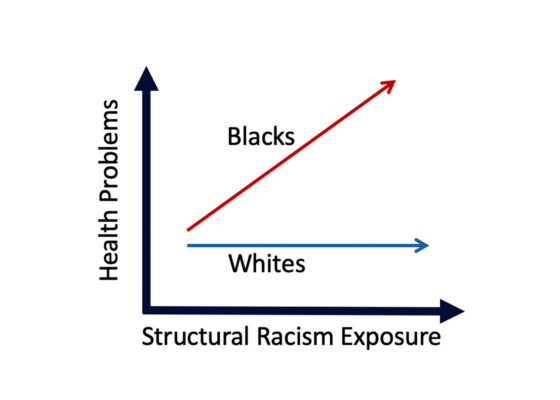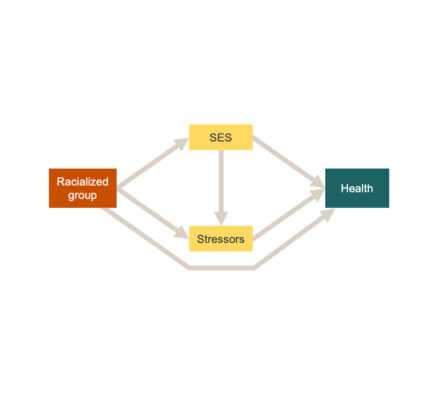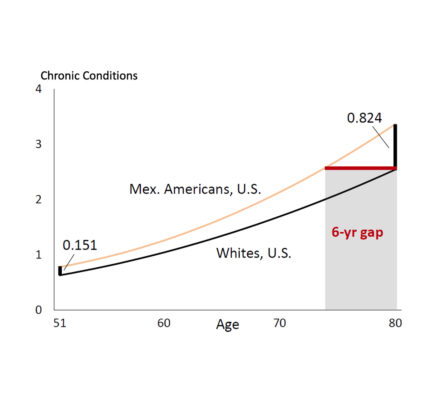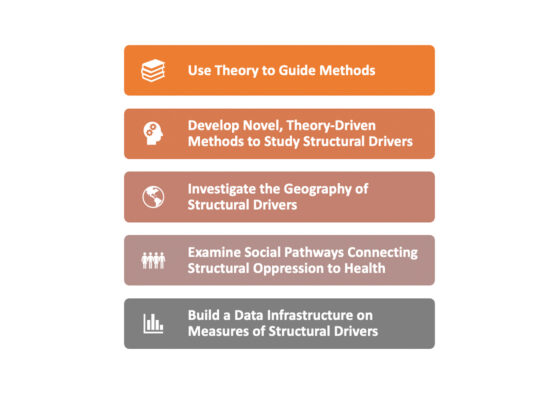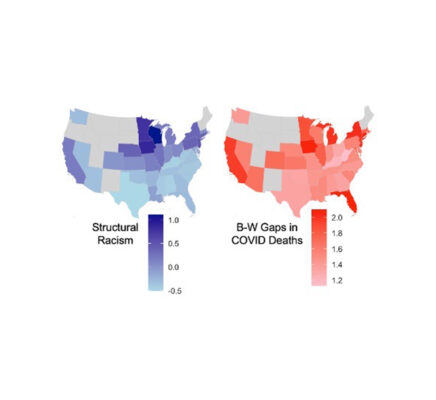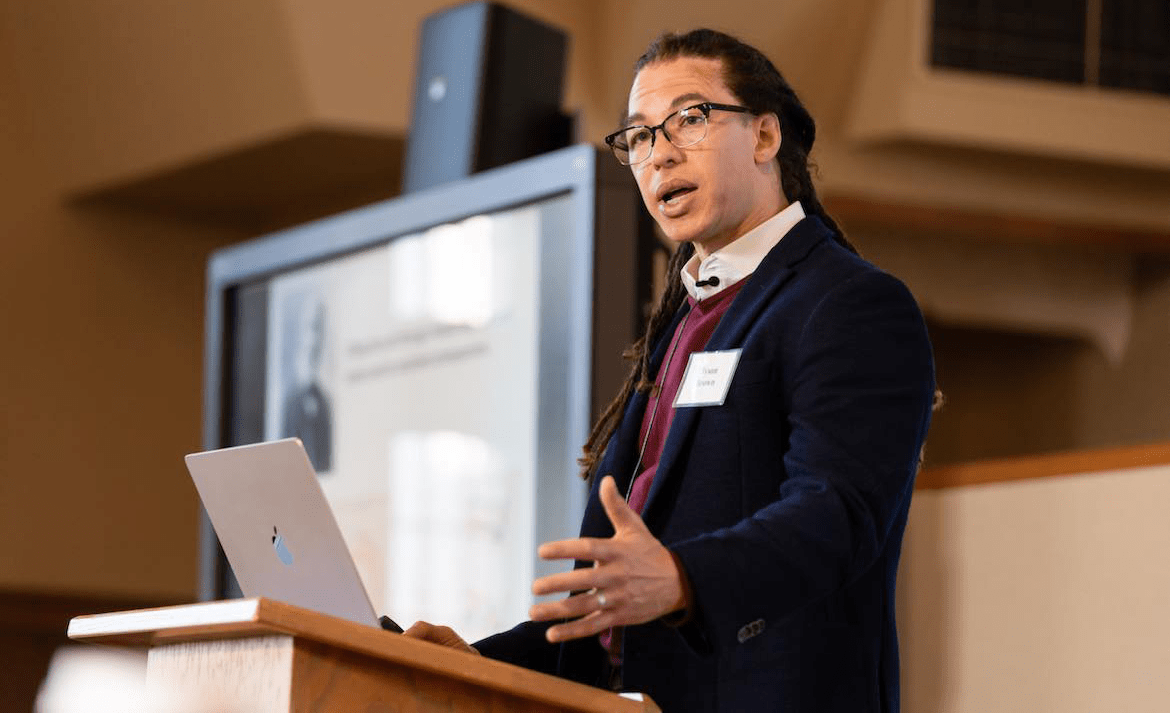
ABOUT
Tyson H. Brown is Professor of Sociology and Medicine at Duke University, where his teaching and research focus on novel theoretical and quantitative approaches to understanding the causes and consequences of racial inequality. Dr. Brown’s research has been published in leading journals in the fields of sociology, demography, population health, and health policy. His research contributions have been recognized with awards from the American Sociological Association and Duke University, a residential fellowship at Oxford University, as well as collaborations with the National Academies of Sciences, Engineering, and Medicine.
Dr. Brown is actively engaged in leadership and service at the university and national level. He was the inaugural Duke Presidential Fellow; this position gave him the opportunity to engage and partner with senior leaders on a range of important issues in higher education. Brown has also served in a number of directorship roles at Duke and on the Board of Directors of the Population Association of America as well as on the editorial boards of top journals. In addition, Dr. Brown enjoys serving as a mentor to students, postdocs, and other early-career scientists.
RESEARCH
On average, Americans of color live shorter and sicker lives than their white counterparts. Unequal access to resources—such as educational opportunity, income, and wealth—contribute to these gaps in health. However, these individual-level factors don’t completely explain health gaps. In Dr. Brown’s research, he asks not only what individual-level inequalities lead to the health gap, but also what creates those inequalities in the first place.
In other words, his program of research focuses on the scientific study of systems and structures of racism as fundamental causes of health inequities. Brown’s scholarship develops theoretically-informed and rigorous methods for quantifying structural racism—across economic, educational, political, housing, and criminal-legal domains—and its effects on population health. Ultimately, these methods yield evidence on why racialized health gaps exist—and how we can achieve health equity and improve the health of all racial groups. The studies summarized below reflect the range of Brown’s scholarship on society, racism, and health equity.
How Racism is Making Us Sick
Structural Racism and Health Stratification in the U.S. Connecting Theory to Measurement
Do Stress & Class Lead to Racial Health Gaps?
Racialized Health Inequities: Quantifying Socioeconomic and Stress Pathways
How Race & Immigration Shape Health
Racial Stratification, Immigration, and Health Inequality: A Life Course-Intersectional Approach
5 Tips for Improving Health Research
The Future of Social Determinants of Health: Looking Upstream to Structural Drivers
Racism & Racial Gaps in COVID Deaths
Empirical evidence on structural racism as a driver of racial inequities in COVID-19 mortality
Race, Gender, Class & Health
Using Multiple-hierarchy Stratification and Life Course Approaches to Understand Health Inequalities

Dr. Brown is a dynamic speaker with a wealth of experience, having given more than 50 invited talks and lectures.
SPEAKING ENGAGEMENTS
Brown’s speaking engagements have taken him to esteemed institutions both in the United States and internationally, including top universities, the National Academies, and the National Institutes of Health. His presentations are diverse in nature, ranging from in-depth research lectures to inspiring keynote addresses to dynamic contributions on expert panels. If you are interested in inviting him to speak at your institution, please provide the information requested in the contact section below.

“Teaching might even be the greatest of the arts since the medium is the human mind and spirit.”
– John Steinbeck
TEACHING & MENTORING
As an educator, Dr. Brown aims to help students develop a deeper understanding of social structures and how they shape our lives. In order to accomplish this overarching goal, Brown employs active learning techniques, which energize students and promote the sharing of diverse perspectives with the class. The success of this technique is demonstrated in consistently positive course feedback from both undergraduate and graduate students, who note that Brown’s classes push them to think independently and engage critically with complex material.
In his time at Duke, Brown has been fortunate to teach several courses that fit well with his areas of research. For example, he has regularly taught two undergraduate courses on Medical Sociology (SOCIOL 250) and Who Gets Sick and Why (SOCIOL 390), both of which focus on the social determinants of health. He also teaches a graduate seminar on Medical Sociology (SOCIOL 690) that covered an array of topics related to population health inequalities (e.g., roles of stress processes, policy contexts, structural racism and sexism, SGM oppression, incarceration, and economic opportunity).
In addition, Brown views mentoring as an important form of teaching that happens outside of the classroom and has found it to be one of the most rewarding aspects of his career. He employs a collaborative, apprenticeship model, meeting regularly with his mentees to discuss their experiences and progress. His collaborations with students and postdoctoral scholars have led to numerous publications, and many of his mentees have gone on to become tenure-track faculty and earn tenure at prestigious universities.


